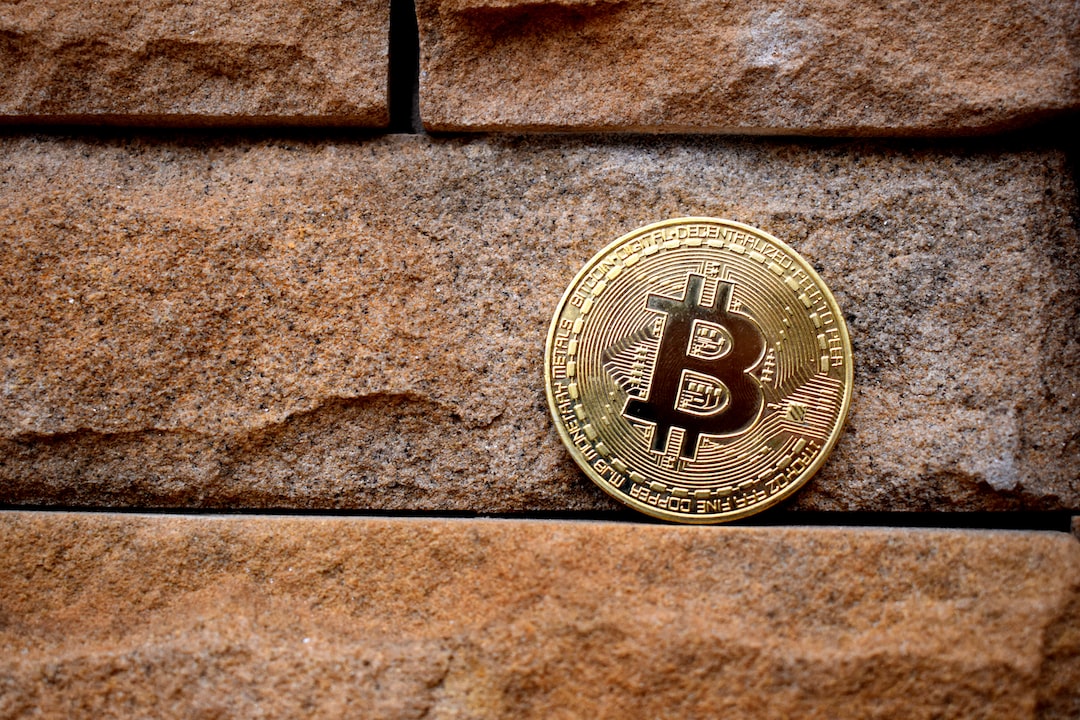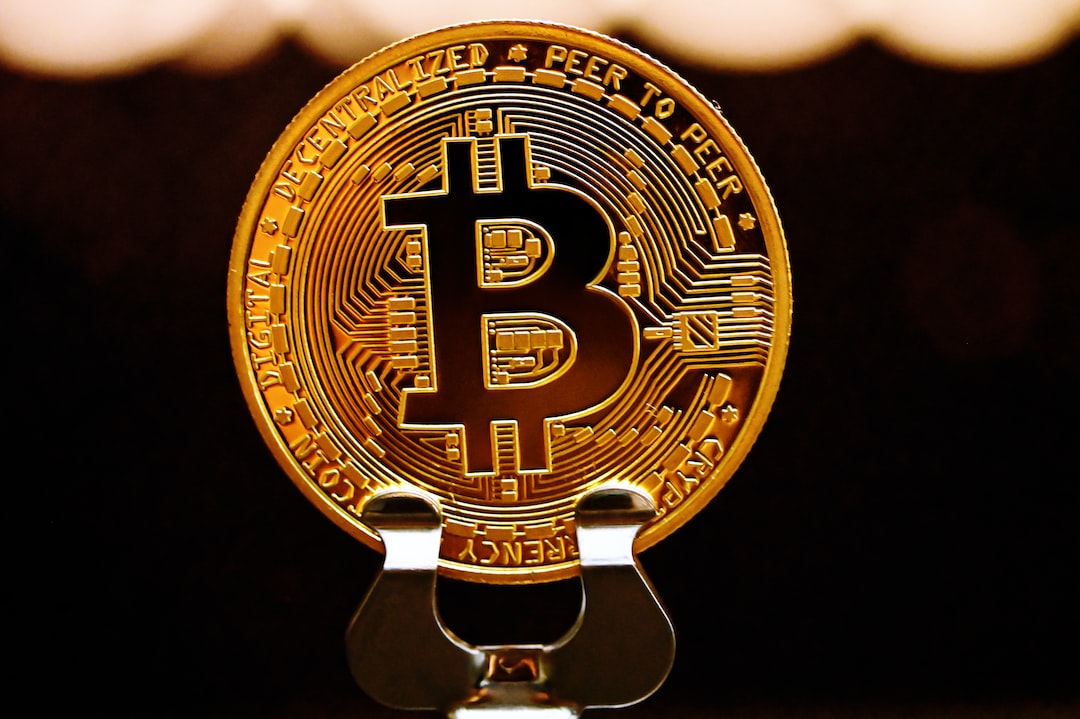An Introduction to RSK: Unlocking the Potential of Smart Bitcoin
Cryptocurrencies have revolutionized the financial world over the past decade, with Bitcoin taking center stage as the pioneer of this innovative digital monetary system. However, Bitcoin’s capabilities have always been limited to its primary use as a store of value and medium of exchange. That is, until the emergence of RSK. In this article, we will explore RSK (Rootstock), a groundbreaking platform that unlocks the potential of smart contracts on the Bitcoin network, allowing it to rival the programmable capabilities of Ethereum. So, let’s delve into the world of RSK and discover how it can shape the future of decentralized finance.
Imagine a world where you can execute smart contracts on the Bitcoin blockchain, enabling decentralized applications (DApps) that can revolutionize various industries. This is exactly what RSK aims to achieve. By implementing a sidechain to the Bitcoin network, RSK provides the necessary infrastructure to develop and deploy complex smart contracts using the robustness and security of Bitcoin. This integration allows users to leverage the immense power and popularity of the Bitcoin network while enjoying the flexibility of programmable contracts.
You may wonder why this is such an important development. Well, Bitcoin is undoubtedly the most secure and widely adopted cryptocurrency in the world. Its network has proven its resilience against attacks and its ability to handle massive transaction volumes. Many developers and businesses have been drawn to Ethereum due to its smart contract capabilities. However, Ethereum’s network has faced scalability challenges and security concerns. RSK bridges this gap by enabling the same functionalities as Ethereum, but on a more secure, reliable, and scalable platform – the Bitcoin network.
Now, you might be wondering how RSK achieves this. The platform utilizes a two-way pegging mechanism that allows for seamless interchangeability between Bitcoin and RSK tokens. This mechanism ensures that the value of Bitcoins can be effectively transferred to the RSK sidechain, where RSK tokens (RBTC) are issued. These tokens can then be used to interact with smart contracts and execute various DApps on the RSK network. The two-way pegging system also enables easy conversion of RBTC back into Bitcoin, ensuring liquidity and fungibility.
Another key feature of RSK is its compatibility with Ethereum’s virtual machine (EVM). This means that developers who are already familiar with programming on Ethereum can easily migrate their applications to RSK. The existing ecosystem of Ethereum smart contracts can seamlessly be deployed on the RSK platform, benefiting from the enhanced security and scalability of the Bitcoin network. This interoperability expands the possibilities for developers and opens new avenues for innovation in the realm of decentralized finance.
Moreover, RSK introduces an important element of trust within the Bitcoin ecosystem. By enabling smart contracts, RSK empowers individuals and organizations to transact with each other directly, eliminating the need for intermediaries. This not only reduces transaction costs but also enhances transparency and removes the risk of human error or manipulation. In essence, RSK fosters a more inclusive and democratic financial system, empowering individuals to take control of their own assets and execute transactions with full confidence.
Now that you have a basic understanding of RSK, it’s time to address some frequently asked questions to further clarify any doubts you may have. Let’s dive into a brief FAQ section:
FAQs
1. Is RSK a separate cryptocurrency?
No, RSK is a sidechain built on top of the Bitcoin blockchain. It utilizes its own token called RBTC (smart bitcoins), but RBTC’s value is pegged to Bitcoin on a 1:1 ratio.
2. What are the advantages of using RSK over Ethereum?
RSK leverages the security, reliability, and scalability of the Bitcoin network while offering the same smart contract capabilities as Ethereum. This ensures a more trusted and efficient ecosystem for decentralized finance applications.
3. How can I get started with RSK?
To get started with RSK, you can visit the official RSK website and explore their documentation and developer resources. Additionally, you can interact with existing DApps on the RSK network or participate in the RSK ecosystem by acquiring RBTC.
4. Is RSK compatible with existing Bitcoin wallets?
Yes, RSK is compatible with most Bitcoin wallets. However, it’s important to ensure that the wallet supports RBTC to fully utilize the functionalities of the RSK network.
5. How does RSK ensure the security and integrity of smart contracts?
RSK’s architecture is built with security in mind. By utilizing the Bitcoin network, which has a proven track record of security and reliability, RSK provides a robust foundation for smart contracts. Additionally, RSK implements various auditing and testing mechanisms to ensure the integrity of the smart contracts deployed on its platform.
In conclusion, RSK unlocks the potential of smart contracts on the Bitcoin network, bridging the gap between Bitcoin’s store of value functionality and Ethereum’s programmability. By leveraging Bitcoin’s security, scalability, and widespread adoption, RSK offers a trusted and efficient platform for decentralized finance applications. Whether you’re a developer looking to migrate from Ethereum or an individual seeking more control over your assets, RSK opens up new possibilities in a rapidly evolving digital economy.





 By
By
 By
By
 By
By


 By
By